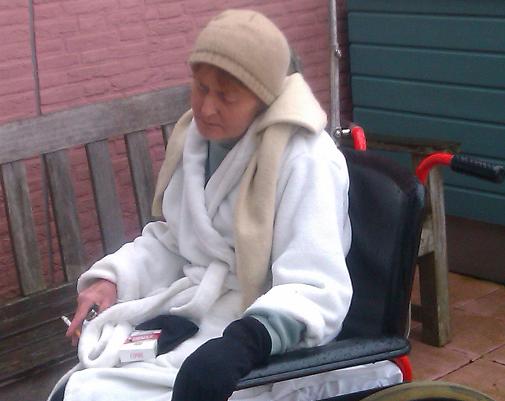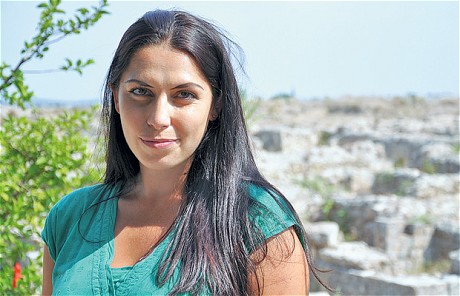This doesn’t mean what Jake Kanter here thinks it means:
This story is not what it first seems.
Wild Isles was *always* a five-part series.
The sixth film is a BBC acquisition for iPlayer. It was *never* going to be shown on telly.
The film stars Attenborough but was made for the RSPB and WWF, not the BBC.
Earlier this week The Guardian (link in linked tweet) reported that the sixth episode of David Attenborough’s new wildlife series, Wild Islands, would not be broadcast but only be available on the iPlayer, as the BBC feared a Tory backlash against it content. Because while the first five episodes showcased the natural beauty and wonders of the UK, the sixth one would focus on the environmental damage done to it and what should be done to fix it. Something the Tories, eager to let raw sewage flow into Britain’s rivers, were expected to be annoyed by. According to Jake’s Twitter thread this is wrong though. It wasn’t that the sixth episode was suddenly withdrawn because the BBC got cold feet, it was never intended to be broadcast at all! Thereby proving that The Guardian‘s story was nonsense.
Does it though?
Seems to me deciding from the start to treat this episode differently, pretending it’s not part of the series, just inspired by it, refusing to broadcast it, is actually worse. Attenborough’s wild life series have always had an environmental component to them, so why treat this one differently? Is it only fear of provoking the Tories or is it a cynical move made by the BBC leadership, now riddled with Tories themselves? it’s not just appeasement but complicity. The BBC is happy to suppress this sort of stuff because its management are Tories themselves.

